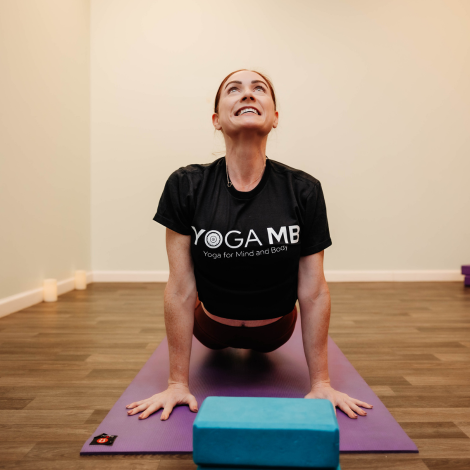The Benefits of Breathwork for Anxiety
In today's fast-paced world, anxiety has become an all-too-common companion for many people. The constant pressure to perform, the barrage of information, and the demands of everyday life can easily overwhelm our mental well-being. One powerful and accessible tool to combat anxiety is breathwork. This ancient practice, rooted in various cultural traditions, has gained renewed attention for its effectiveness in promoting mental health. In this blog, we will explore the benefits of breathwork for anxiety and how you can incorporate it into your daily routine.
What is Breathwork?
Breathwork encompasses a range of techniques that focus on conscious breathing. These techniques vary from simple deep breathing exercises to more structured practices like Pranayama (from yoga), Box Breathing (used by Navy SEALs), and the Wim Hof Method. The primary goal of breathwork is to harness the power of breath to enhance physical, mental, and emotional well-being.
How Breathwork Helps with Anxiety
- Activates the Parasympathetic Nervous System
- Reduces Stress Hormones
- Improves Focus and Clarity
- Enhances Emotional Regulation
- Boosts Overall Well-being
Effective Breathwork Techniques for Anxiety
1. Diaphragmatic Breathing
Also known as belly breathing, this technique involves inhaling deeply through the nose, allowing the abdomen to expand, and then exhaling slowly through the mouth. It is simple yet effective in promoting relaxation.2. Box Breathing
This technique involves inhaling for four counts, holding the breath for four counts, exhaling for four counts, and holding the breath again for four counts. Box breathing is particularly effective for quickly calming the nervous system.3. Alternate Nostril Breathing (Nadi Shodhana)
This yoga technique involves closing one nostril while inhaling through the other, then switching nostrils for the exhale. It balances the left and right hemispheres of the brain, promoting mental and emotional balance.

How to Incorporate Breathwork into Your Daily Routine?
- Start Small: Begin with just a few minutes of breathwork each day. As you become more comfortable, gradually increase the duration.
- Set a Schedule: Incorporate breathwork into your daily routine by setting specific times for practice, such as in the morning to start your day calmly or in the evening to unwind before bed.
- Create a Relaxing Environment: Find a quiet, comfortable space where you won't be disturbed. You might enhance the ambiance with soft lighting, calming music, or essential oils.
- Stay Consistent: Consistency is key to reaping the benefits of breathwork. Make it a regular part of your routine to see long-term improvements in your anxiety levels.
Breathwork is a powerful, accessible, and effective tool for managing anxiety. By incorporating simple breathing techniques into your daily routine, you can activate the parasympathetic nervous system, reduce stress hormones, improve focus and clarity, enhance emotional regulation, and boost overall well-being. Start small, stay consistent, and watch as this ancient practice transforms your mental health and brings tranquility to your life.
Whether you're new to breathwork or looking to deepen your practice, the journey toward reduced anxiety and improved well-being begins with just one breath.
------------------------------------------------------------------------------------------------------------
Feeling stressful? Read Mindfulness And Meditation Could Be Your Stress SOS

